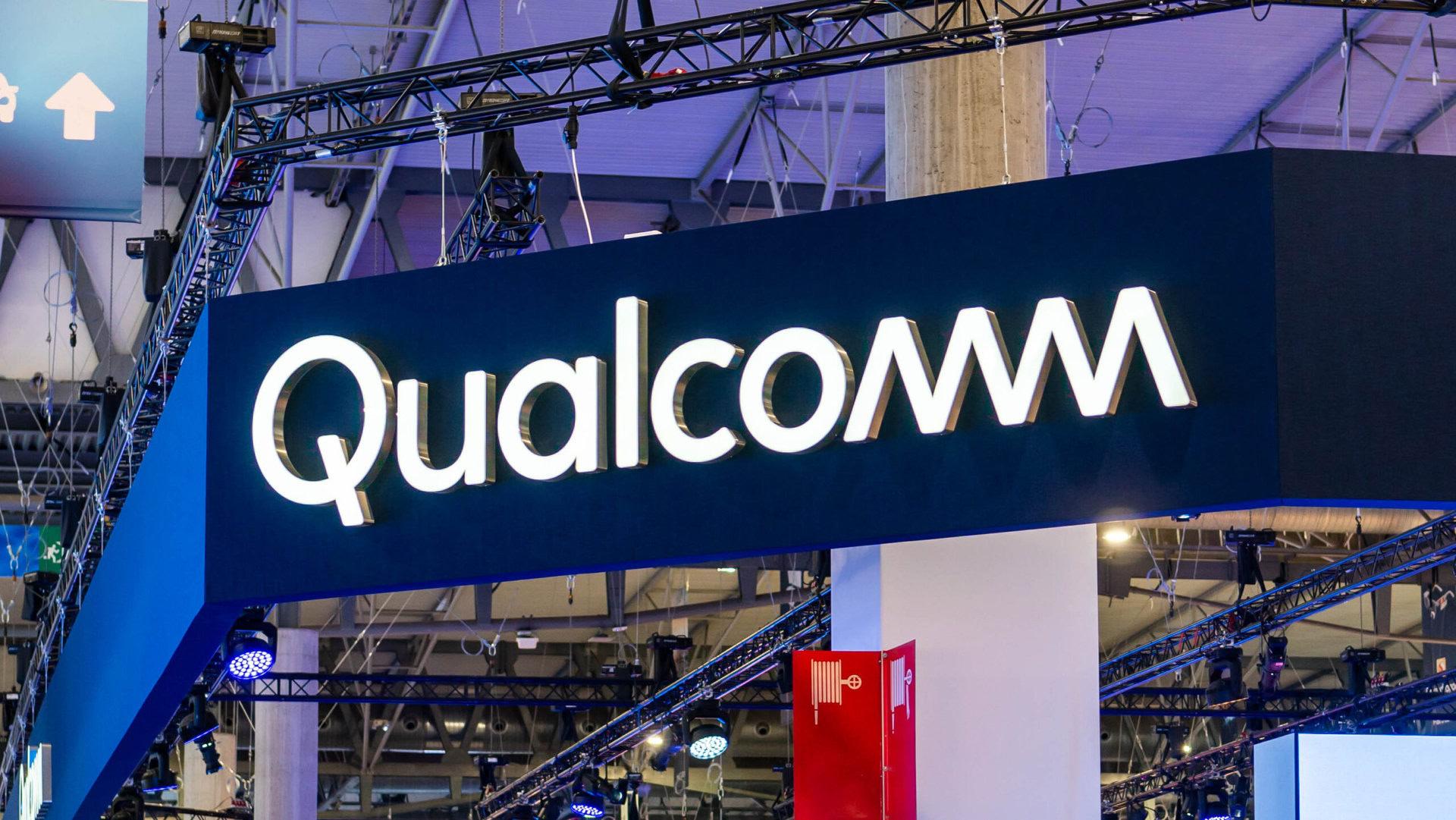Qualcomm Triumphs in Legal Battle Over Arms Licensing Allegations
In a decisive victory for Qualcomm, a court has ruled in favor of the tech giant in its ongoing legal dispute with Arm over allegations of improper chip design licensing. The case centered around claims that Qualcomm had not adhered to specific licensing agreements pertaining to Arm’s technology, a crucial factor as companies continue to jockey for position in the competitive semiconductor industry. Qualcomm’s defense hinged on the assertion that it had complied fully with the licensing terms,casting doubt on the validity of Arm’s claims and demonstrating the complexities involved in intellectual property rights within the tech sector.
The ruling has significant implications for both companies, particularly as they navigate the evolving landscape of chip manufacturing and mobile technology. Qualcomm plans to leverage this victory to reinforce its market position, emphasizing its commitment to innovation and legal compliance. Key points of interest from the court’s decision include:
- Clear articulation of licensing terms: The judgment clarified the expectations surrounding the licensing agreements, providing guidance for future interactions between companies in the industry.
- Encouragement of fair competition: The outcome is seen as a win for fair competition, alleviating concerns that overreaching claims could stifle innovation.
- Potential for further disputes: While Qualcomm has emerged victorious, other companies may view the ruling as a cautionary tale, prompting them to re-evaluate their own licensing agreements with Arm.

Implications of the Ruling on the Semiconductor Industry Landscape
The recent ruling in favor of Qualcomm has far-reaching implications for the semiconductor industry, effectively reshaping the competitive landscape.Companies that depend on licensed chip designs can now reassess their strategies, as this decision establishes a precedent for how intellectual property disputes in the tech sector will be resolved. It underscores the importance of careful contract negotiations and robust compliance mechanisms, as firms navigate the increasingly complex legal environment surrounding technology licensing.
This ruling could lead to several significant outcomes for the semiconductor market:
- Increased competition: With Qualcomm’s victory, other firms may feel emboldened to challenge their licensing agreements or even engage in legal disputes where they see potential for favorable outcomes.
- Innovation incentives: Companies may ramp up their investment in research and development, aiming to create proprietary technologies that can withstand legal scrutiny.
- Market consolidation: The ruling may prompt companies to form strategic partnerships or consolidate to enhance their legal standing in negotiations over chip designs.
By establishing a clearer framework for licensing disputes, the qualcomm decision has opened the door to a dynamic shift in a market that thrives on innovation and competitive advantage.
Strategic Recommendations for Companies Navigating Licensing Agreements
The recent court ruling in favor of Qualcomm serves as a pivotal lesson for companies engaged in licensing agreements.As businesses seek to strengthen their intellectual property portfolios, it is crucial for them to meticulously draft and review their contracts to prevent potential disputes that could lead to costly litigation.Emphasizing clarity and specificity in licensing terms, particularly regarding performance obligations and usage rights, can safeguard against future misunderstandings. moreover, conducting regular audits of existing agreements can help identify any compliance issues or ambiguities that may not have been apparent initially.
Additionally, companies should prioritize building robust relationships with their licensing partners.Clear communication about expectations and operational challenges can foster collaboration and mitigate risks associated with potential breaches. Organizations can also consider establishing formal mechanisms for conflict resolution to address disputes amicably before they escalate into legal battles. By investing in these proactive strategies, enterprises can navigate the complexities of licensing agreements more effectively and protect themselves from the financial and reputational damage that can accompany litigation.

The Future of Chip Design: Lessons Learned from the Qualcomm Case
The recent litigation between Qualcomm and arm highlights a pivotal moment in the semiconductor industry, shaping the future trajectory of chip design. Qualcomm’s victory over Arm concerning allegations of breach of a chip design license reveals crucial insights for industry stakeholders. Companies are now recognizing the importance of establishing clear and robust licensing agreements that encompass the rapidly evolving technologies and methodologies employed in chip design. This case emphasizes the need for enhanced collaboration and communication between companies working with complex intellectual property landscapes.
Moreover, this conflict underscores critical lessons in the realm of innovation and competition. Moving forward, firms should consider the following strategies to better navigate the legal complexities of chip design:
- Adaptive Licensing Models: Develop flexible agreements that can adapt to changing technology landscapes.
- Proactive Legal Strategies: engage in thorough legal diligence and risk assessment before entering partnerships.
- Innovative Collaboration: Foster partnerships that prioritize shared goals and mutual benefit.
As the industry continues to evolve, these insights will be invaluable for companies aiming to innovate while safeguarding their intellectual property, ensuring they remain competitive in a highly dynamic market.
